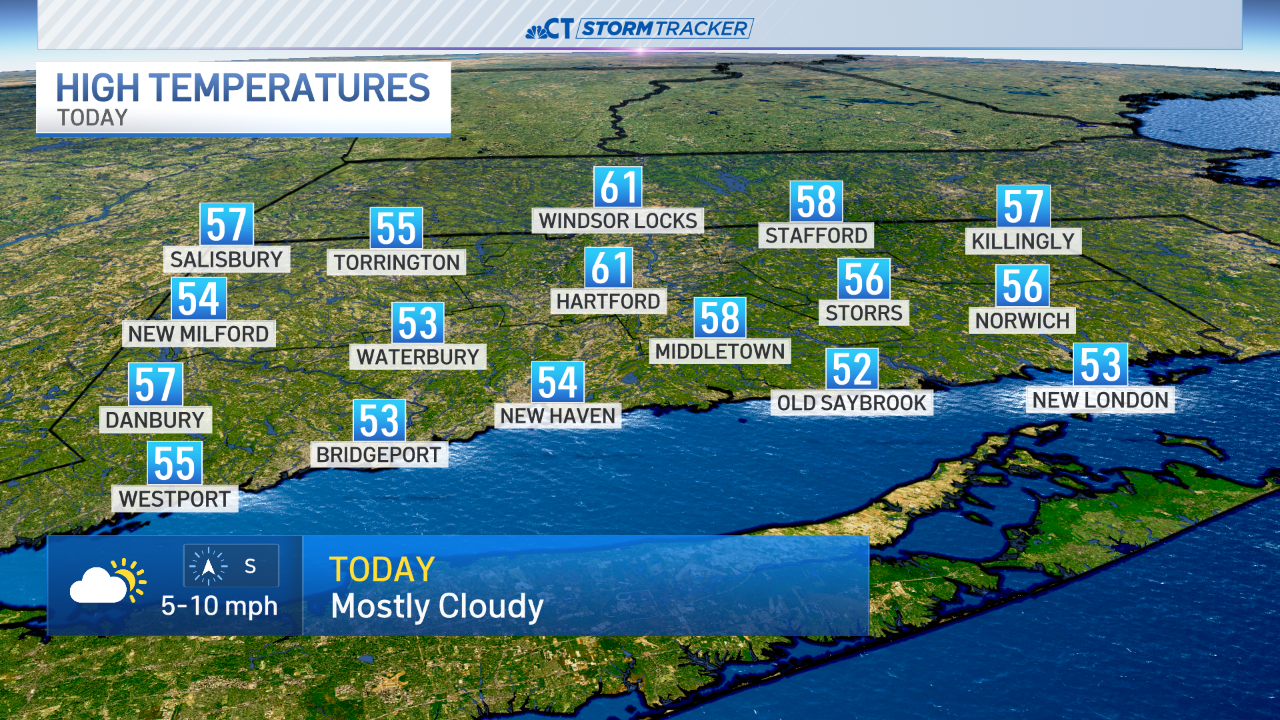Navigating the pandemic hasn’t been easy for anyone, but it’s been especially hard on the disability community. The impact on people's ability to get around and communicate has been varied.
It was Jonathan Slifka's first trip to West Hartford Center since the streets were rearranged to accommodate outdoor dining and he didn’t know what to expect.
“It appears that they’ve done a really good job,” Slifka, who lives in West Hartford, said. “The only question I would have here just really quickly would be a question of the parking. Because I know there’s at least one handicapped parking space on this street that has been blocked off and I would think by law they would need to make another one to make up for that.”
West Hartford Town Manager Matt Hart said new handicapped spaces were added to make up for the ones that were taken away. But advocates said it's more complicated than that.
“There’s also issues around is it the most accessible pathway from where the new parking space is even if it was marked to where they need to go. Are you going up a hill? Is it a gravel pathway? There’s just so many pieces of access,” Eileen Healy, president of the CT Association of Centers for Independent Living, said. “That I don’t expect businesses who are struggling to get themselves open to really have to think about. ”
Healy said there hasn’t been much discussion about how to accommodate people with disabilities as businesses reopen.
“I think it’s all new and we’re not necessarily thinking of all of the potential access needs that the disability community may need,” Healy said.
Local
Mobility is just part of the challenges for the disability community.
Unemployment, access to health care, and mental health services are also concerns for the disability community.
“The whole trauma of COVID-19 and the whole impact on the fact that you’re seeing your grandma, your aunties and your friends and people dying as well as persons who are getting sick and you know people of color are not necessarily able to go to different places in the house to quarantine because you may have multi-generational of people that are in the house,” Rev. Robyn Anderson said. ”If mom has cognitive difficulties and mom has mental health issues and she's not able to connect to the services that they're accustomed to or has difficulty transitioning to the telehealth services that has a great impact also on the family.”
Anderson, a pastor in the Blackwell AME Zion Church in Hartford and director of the ministerial health fellowship, said there’s been no outreach to that community.
But maybe there’s a silver lining.
“All of this working from home, going to school remotely. Those things that people with disabilities requested for decades, as accommodations under the Americans with Disabilities Act and other laws and we were told no we can’t do that. It’s a fundamental alteration, it’s an unreasonable request, it’s too expensive. It’s an undue burden and yet those things were able to happen,” Kathy Flaherty, executive director of the Connecticut Legal Rights Project, said.
Flaherty said the disability community seems to have been left out of the reopening process.
“Why is it OK to create a society that only some people can participate in? And that I think is a fundamental problem with what’s going on,” Flaherty said.
For years the disability community has struggled with employment.
”I think a lot of times people with disabilities have been told they applied for jobs and then they can’t get the job because they say you can’t work from home. We can’t accept that. And now everybody’s working from home,” Healy said.
Healy said maybe that’s something positive that has come out of the pandemic. Employers might be more willing to hire a disabled person who can do the work from their home.



